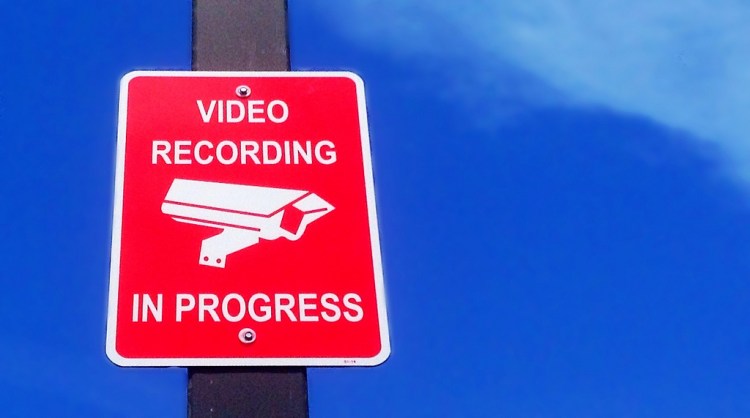Congress has yet to enact any surveillance reform — more than a year after Edward Snowden revealed the National Security Agency’s mass spying program. As the new Congress convenes for 2015, it appears that the familiar squabbles will prevent meaningful reform yet again.
The biggest hope for reform at the moment is the USA Freedom Act, which would severely limit the bulk collection of Internet and phone data. It would also appoint a special civilian defense attorney to the court that approves spying requests (among many other reforms).
However, influential Senators are already taking sides against the USA Freedom Act.
Hawkish members serving on the Senate intelligence committee have threatened to block any bill that significantly curtails the NSA’s spying powers. Sen. Saxby Chambliss (R.-Georgia) called the upcoming USA Freedom Act “terrible” and said he would filibuster any attempt to pass the bill.
“It destroys our ability to fight domestic terrorism in particular, and we’re going to hopefully be able to avoid having that bill come to the floor,” Chambliss said.
On the flip side, early presidential front-runner Senator Rand Paul (R.-Kentucky) will reportedly oppose the USA Freedom Act because it doesn’t go far enough in restricting the NSA. Speaking about the bill, an aid for Paul told CNN that “Due to significant problems with the bill, at this point he will oppose the Leahy bill.” (Sen. Patrick Leahy, D.-Vermont, is a sponsor of the USA Freedom bill.)
One of the unique and ultimately self-defeating aspects of NSA reform is that it isn’t split along traditional party lines. There’s internal dissent within both the Republican and Democratic parties. Even though Republicans will control both the House and Senate as of 2015, there’s no agreement within the leadership of the party on surveillance reform.
In one of the only big NSA reform events of the last year, the House of Representatives voted down a proposal from the libertarian-leaning Justin Amash (R.-Michigan) that would have restricted the NSA’s spying authority within a $600 billion Department of Defense appropriations bill. The vote failed 205-217 and split within party lines.
Perhaps more importantly, with a presidential election around the corner in 2016, there’s an incentive to stake out uncompromising positions. Any person or party that caves on important elements to get a bill passed will be fodder for attack ads two years from now.
So, the stars are not aligning for NSA reform. It’s always possible, but don’t bet your Bitcoin on it.


